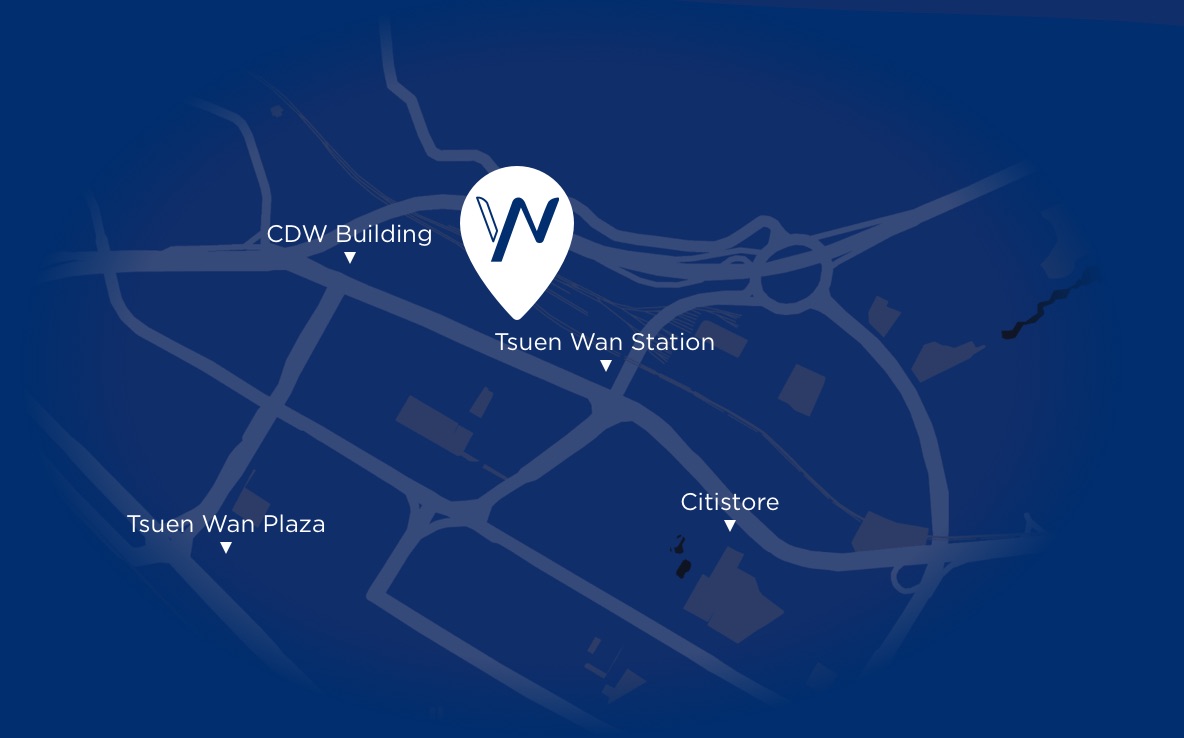Starting a company in Hong Kong and Singapore can appear quite similar on the surface. Both have relatively advanced business ecosystems and a strong rule of law, but there are also differences that lie just beneath the surface. In this article, we go over the differences between the two cities that business owners would have to face.
Incorporation Procedures and Requirements
Both Hong Kong and Singapore offer quick and efficient company incorporation processes, typically completed between 1-3 business days. Both jurisdictions require at least one shareholder, one director, and company secretary and a local registered address to establish a company, where a lone shareholder cannot also be the lone director. The minimum starting capital requirement is $1 in each respective local currency, making it very affordable to start a business.
The main difference lies in each jurisdiction’s director residency requirements. Hong Kong does not mandate directors to be residents, allowing foreign entrepreneurs to be remotely appointed. In contrast, Singapore requires at least one director to be a resident of Singapore, which can necessitate appointing a local nominee or relocating a director, adding difficulty for some foreign investors.
Appointing a Company Secretary
Both regions mandate that every company appoint a company secretary. The main difference between them is that Hong Kong allows for licenced corporations that offer company secretarial services to be appointed, while Singapore mandates that the appointee be an individual. To accommodate, Singaporean corporate secretarial firms offer services to connect companies to licensed company secretaries.
Minimum Cost to Incorporate
Singapore’s company registration and business registration fees are fixed, but Hong Kong’s fees can range broadly due to price differences between companies and their options. For instance, companies incorporated in Hong Kong can choose between receiving a 1-year business registration certificate and a 3-year certificate. Companies can also choose to submit an online form or a hardcopy, both of which incur varying fees. We’ll focus on the minimum cost necessary to incorporate a company, not including the cost of hiring a company secretary.
| Hong Kong (US$) | Singapore (US$) | |
| Business Registration | 199 (1-Year) | 11 |
| Company Registration | 283 (Online) | 233 |
| Total | 481 | 244 |
Assuming a one-year certificate, renewing a BRC in Hong Kong costs US$283 per year, while in Singapore the same renewal costs US$22 per annum.
| Hong Kong (US$) | Singapore (US$) | |
| BRC Renewal | 283 | 22 |
The values listed here may be outdated, so be sure to check with incorporation services for the latest figures.
Opening a Business Bank Account
Both Hong Kong and Singapore require companies to submit incorporation documents, a proof of business address, identification of directors and shareholders, and details about their nature of the business when opening a bank account. Banks in both cities also implement stringent Know Your Customer (KYC) and anti-money laundering checks to ensure new businesses are in compliance with international standards. Because of these tough measures, traditional banks in both cities can take a minimum of two weeks to open an account.
With the rise of digital banks in both territories however, also comes fully digital onboarding procedures, including video call interviews, to save applicants in remote places the time and effort to open an account. Digital banks in Hong Kong and Singapore can also significantly cut down the time needed to ready an account to 1-3 business days.
Profits Tax Regime
Both jurisdictions use a territorial tax system that exempts offshore profits from being taxed, while income generated within the territories are taxed at relatively low rates. The differences lie in the details of each region’s tax regime.
Hong Kong taxes 8.25% on assessable profits of the first HK$2,000,000, and 16.5% on any remaining assessable profits over the first HK$2,000,000.
Singapore charges a flat tax rate of 17%, but also offers tax exemptions based on the total amount of assessable profits, where 75% of the first SG$10,000 is exempt from tax, and half of the following SG$190,000 is also exempt from tax.
| Assessable Profits (SG$) | Exempt from tax | Exempt profits (SG$) |
| First 10,000 | 75% | 7,500 |
| Next 190,000 | 50% | 95,000 |
| Total | 102,500 |
To attract more startups, Singapore also offers qualified startups a higher tax exemption during their first three years of operation.
| Assessable Profits (SG$) | Exempt from tax | Exempt profits (SG$) |
| First 100,000 | 75% | 75,000 |
| Next 100,000 | 50% | 50,000 |
| Total | 125,000 |
Audits
Both jurisdictions have largely the same requirements when it comes to performing audits. The one major difference is that Singapore offers special exemptions for smaller companies with revenues below SGD 10 million and/or fewer than 50 employees.
Conclusion
The differences between Hong Kong and Singapore can be summarised in the table below. While Hong Kong is more flexible in its requirements for directors and slightly lower profits taxes, Singapore has a lower minimum cost to incorporate a company, with a bevy of exemptions to help small businesses save on their taxes and audit costs. There are of course, many other factors we did not cover here like legal environment, business environment, lifestyle, and rent, which you must also take into consideration before making any major investments. If you have questions about incorporating in Hong Kong, reach out to us and we’d be happy to help! Or, if you’d like to learn more about incorporating in Singapore, reach out to our friends at First Solution!
| Comparisons | Hong Kong | Singapore |
| Directors | Can be non-Hong Kong residents | Must include a resident of Singapore |
| Company Secretary | Can be a Hong Kong corporation or resident | Must be a Singapore resident |
| Minimum Incorporation Cost | US$ 481 | US$ 244 |
| Bank Account Opening | No difference. Digital banks can open in 1-3 business days. | |
| Profits Tax Regime | 8.25% on the first HK$ 2 million, 16.5% on the remaining amount over HK$ 2 million. | Flat 17% tax rate, with special exemptions for startups. |
| Audit Exemptions | No exemptions | Companies with below SG$ 10 million and/or fewer than 50 employees are exempt |










